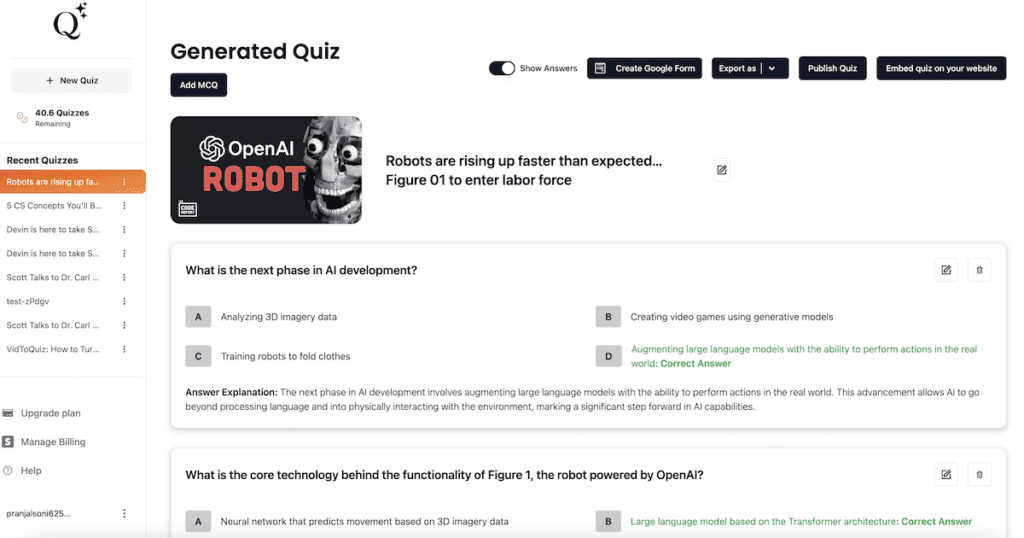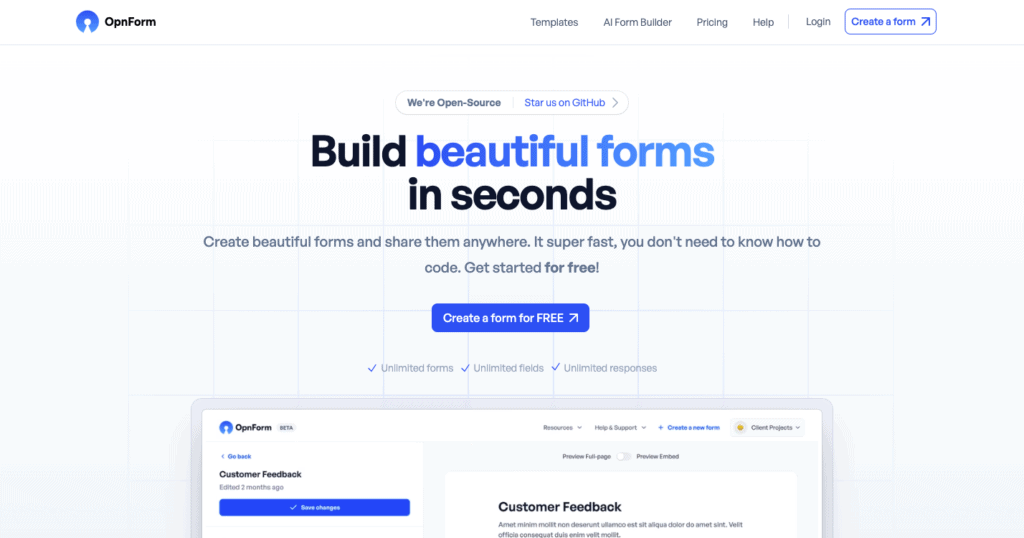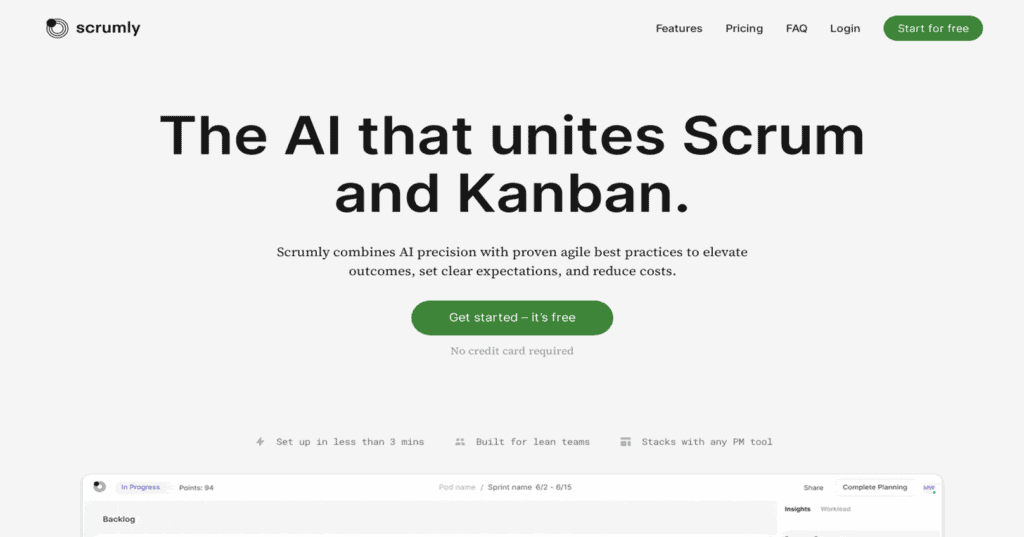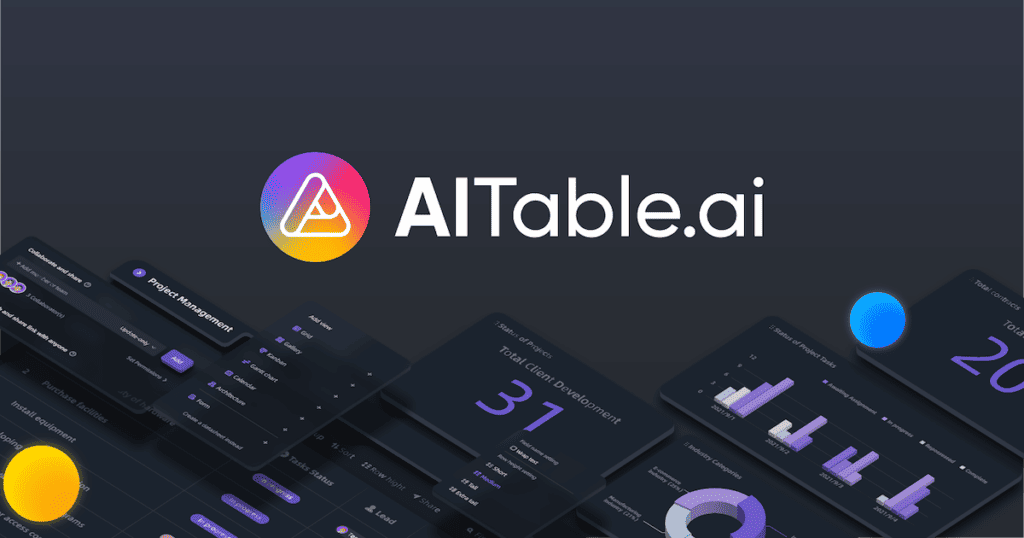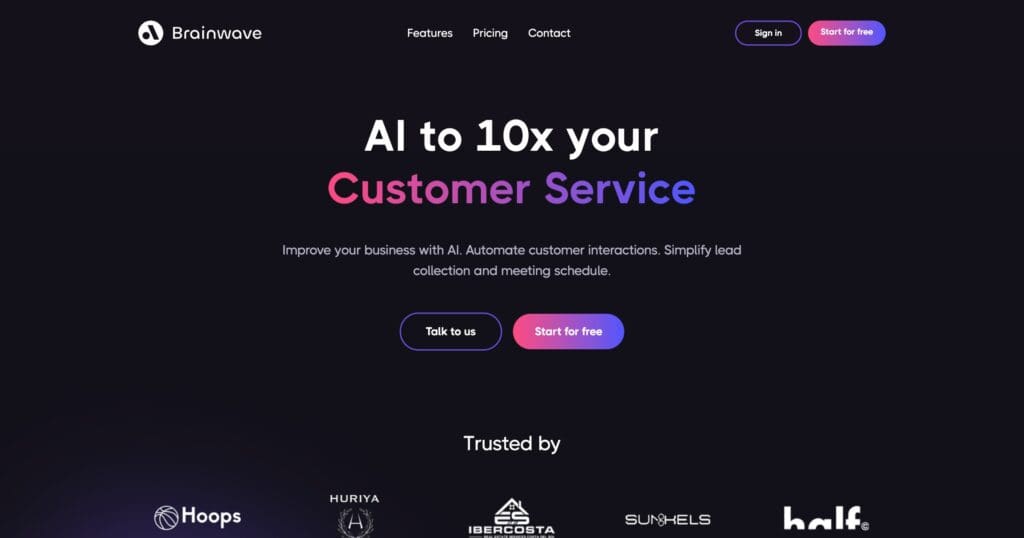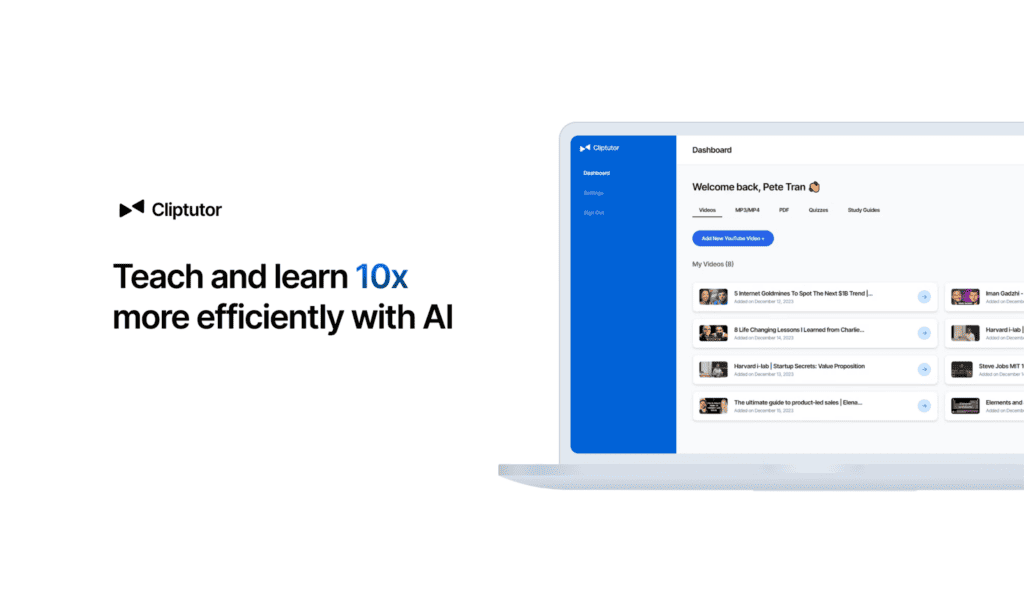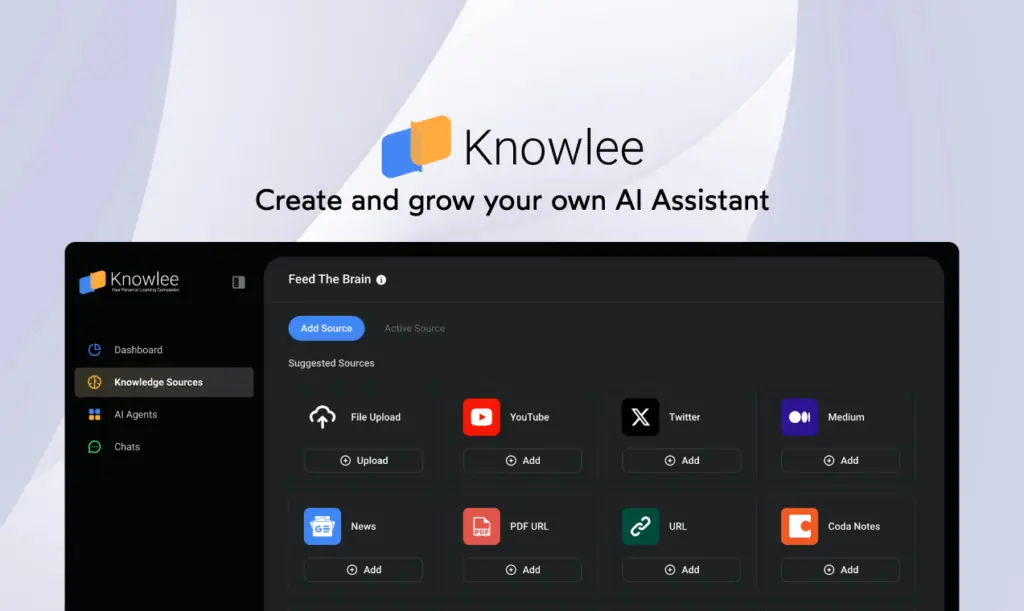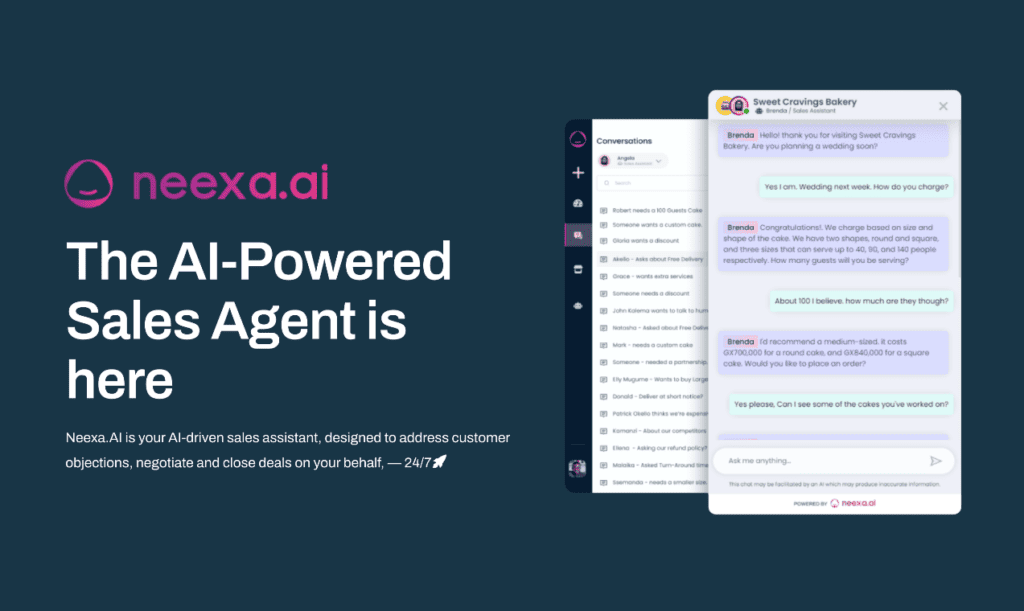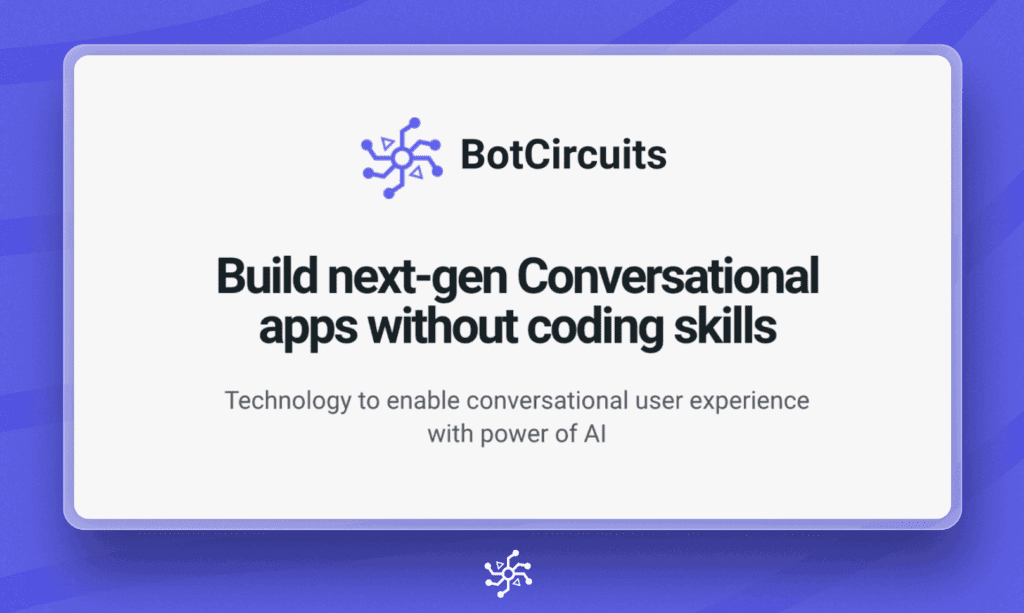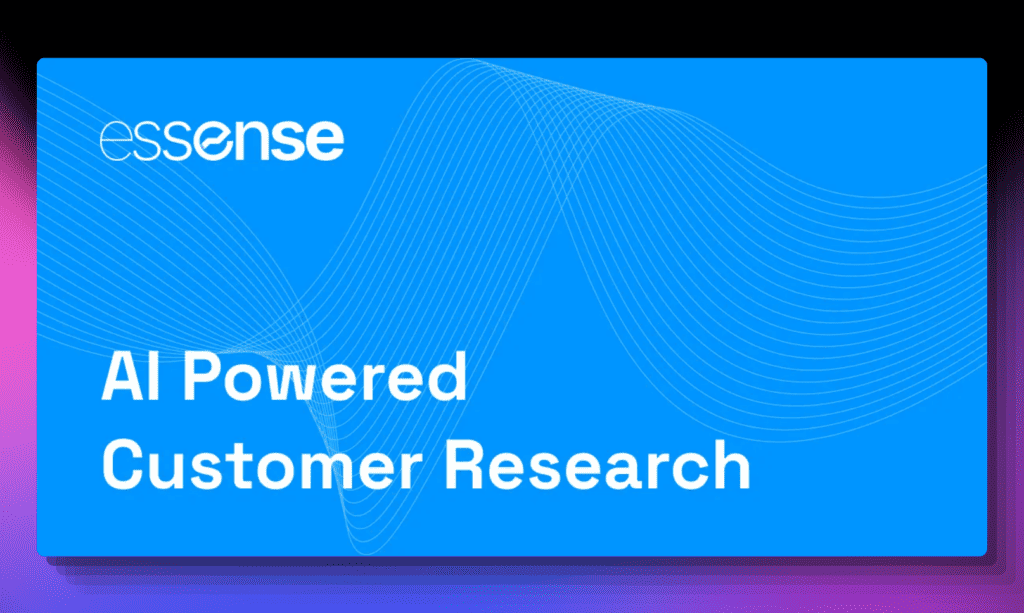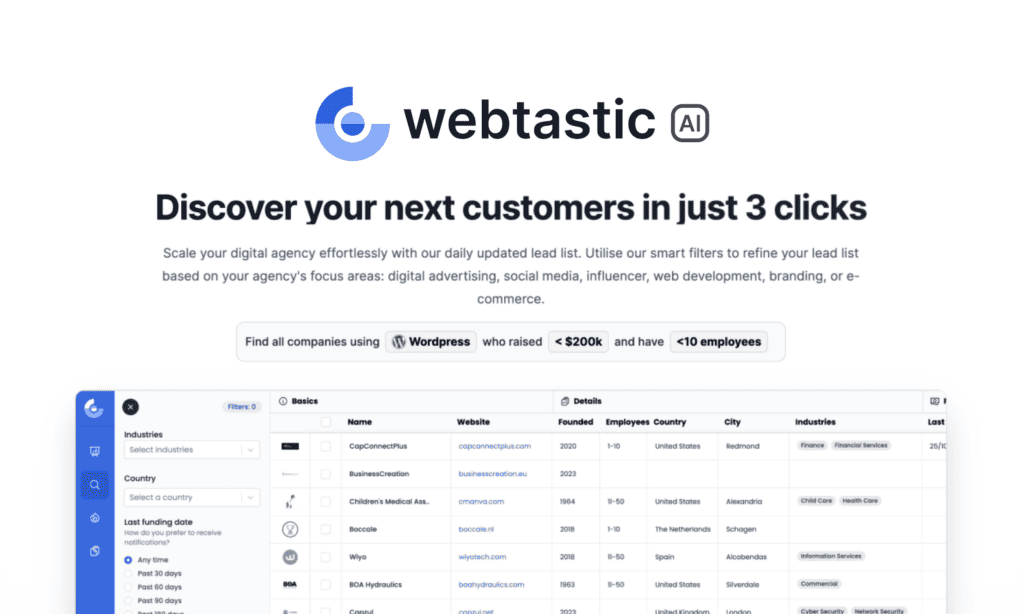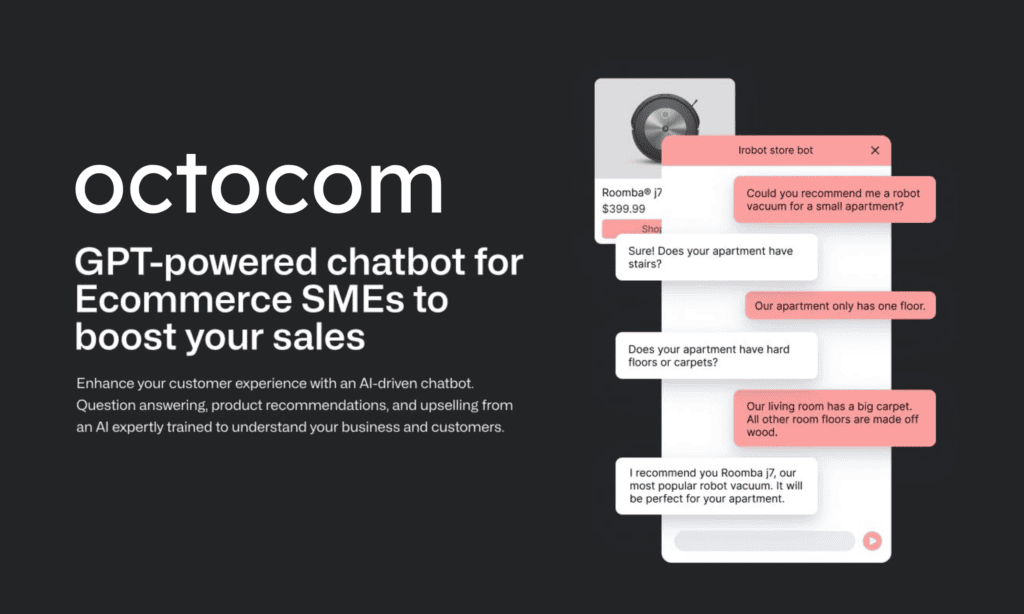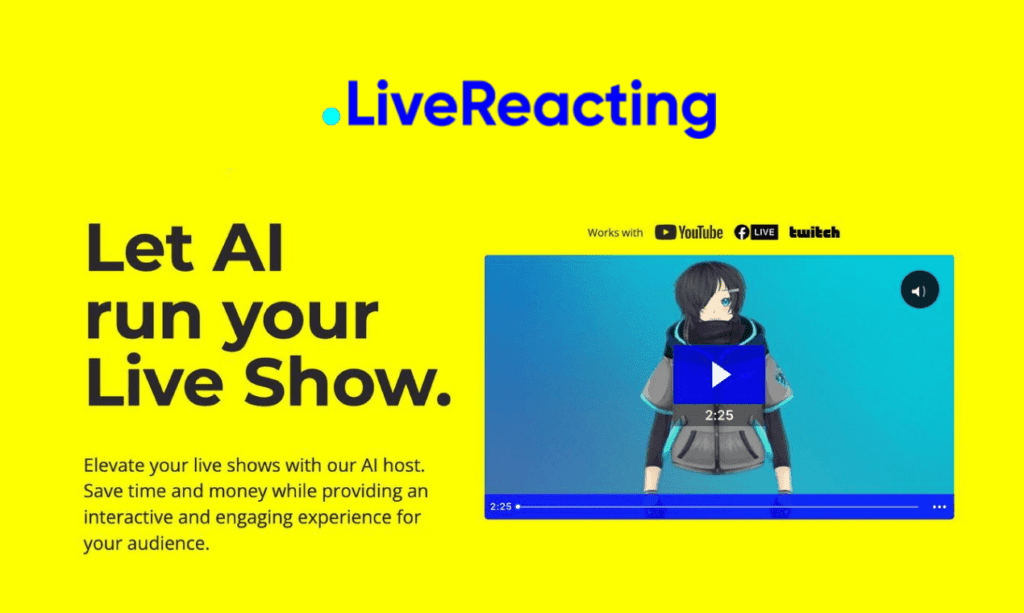DocuWriter.ai
Read more about DocuWriter.ai

The landscape of AI software is rapidly evolving, ushering in a new era of technological advancements that promise to transform the way we live and work. At the heart of this revolution are cutting-edge AI software packages that leverage complex algorithms and computer code to mimic human intelligence. These technologies are not just about automating mundane tasks; they are paving the way for groundbreaking innovations across various industries, from healthcare to finance.
As we delve into the world of AI software, it’s crucial to understand the diverse applications and the underlying technologies that power them. From machine learning platforms that analyze vast datasets to AI chatbots that enhance customer service, AI software is becoming increasingly sophisticated, offering more personalized and efficient solutions. This evolution is driven by the relentless pursuit of greater accuracy, adaptability, and human-like interaction.
Keeping pace with the latest trends in AI software is essential for businesses and individuals alike. The emergence of generative AI, for instance, is opening new avenues for creative content generation, while advances in computer vision are enhancing the capabilities of autonomous systems. These developments underscore the transformative potential of AI software, highlighting its role in shaping the future of technology.
As we stand on the brink of this AI revolution, it’s clear that embracing these next-generation technologies will be key to unlocking unprecedented opportunities. Whether it’s through improving operational efficiencies, driving innovation, or enhancing customer experiences, AI software is set to redefine the boundaries of what’s possible, making it an exciting time to be part of this dynamic field.
AI software encompasses a wide range of applications designed to perform tasks that typically require human intelligence. This includes understanding language, recognizing patterns, solving problems, and learning from data. By leveraging algorithms and machine learning models, AI software can improve over time, becoming more effective and efficient at handling complex tasks.
AI software refers to any software package that incorporates artificial intelligence technologies to facilitate decision-making, problem-solving, and automation. Its evolution traces back to simple rule-based systems and has since progressed to include advanced machine learning and deep learning algorithms. This evolution reflects the growing computational power and the expanding datasets available for training AI systems.
The journey of AI software has been marked by significant milestones, from the creation of the first computer code that mimicked basic human cognitive functions to the development of neural networks that simulate human brain processes. Today, AI software is capable of learning from vast amounts of data, making decisions with minimal human intervention, and evolving based on new information, showcasing its remarkable adaptability and potential for innovation.
AI software can be broadly categorized into several types, including machine learning platforms, natural language processing tools, and robotics software. Machine learning platforms are designed for developing models that learn from data, natural language processing tools help computers understand and interpret human language, and robotics software enables the creation of autonomous machines that can perform tasks in the real world.
AI chatbots represent one of the most user-friendly applications of AI software, providing instant communication capabilities across various digital platforms. By understanding and processing user queries, AI chatbots can offer personalized responses, improving customer service and engagement. This technology has evolved from simple scripted responses to more sophisticated systems capable of learning from interactions to enhance their conversational abilities over time.
On the other end of the spectrum, generative AI is pushing the boundaries of creative content production. Unlike AI chatbots that interact based on pre-defined guidelines, generative AI can create new content, such as images, text, and music, that has never been seen or heard before. This leap from understanding to creation marks a significant milestone in the AI journey, showcasing the vast potential of AI software to innovate and transform industries.
While both AI platforms and machine learning platforms play crucial roles in the development of AI applications, there are key differences between them. AI platforms offer a broader range of capabilities, including but not limited to machine learning models. They provide tools and frameworks for building, deploying, and managing AI applications across various domains, enabling businesses to integrate AI into their operations seamlessly.
Machine learning platforms, on the other hand, are more specialized, focusing solely on the development and deployment of machine learning models. These platforms offer comprehensive tools and resources for data preprocessing, model building, training, and evaluation, catering specifically to the needs of machine learning practitioners. By providing a focused environment, machine learning platforms facilitate the creation of sophisticated models that can learn from data, making them invaluable for businesses looking to leverage predictive analytics and data-driven decision-making.
The AI software market is brimming with innovative solutions that cater to a wide range of needs and industries. Leading tech giants and emerging startups alike are continuously pushing the envelope, developing AI software tools and platforms that harness the power of machine learning, natural language processing, and computer vision. Whether it’s cloud-based AI services, enterprise applications, or open-source tools for research and development, the AI software landscape is diverse and ever-expanding, offering endless possibilities for businesses and individuals to explore and adopt cutting-edge technologies.
Google Cloud AI stands at the forefront of cloud-based AI solutions, offering a suite of AI software tools and machine learning tools that cater to a wide range of applications. From advanced computer vision capabilities that enable image and video analysis to natural language processing for understanding human speech, Google Cloud AI provides a robust platform for developing and deploying AI applications. Its Cloud APIs and ML capabilities are designed to be accessible and scalable, allowing developers to leverage Google’s vast computing resources and machine learning expertise.
With a focus on democratizing AI technology, Google Cloud AI simplifies the process of integrating AI into existing applications and workflows. Developers can utilize pre-built models or create custom solutions using TensorFlow, Google’s open-source machine learning framework. This blend of flexibility and power makes Google Cloud AI a preferred choice for businesses looking to harness the potential of AI without investing heavily in hardware or specialized expertise.
C3 AI is reshaping the landscape of enterprise AI by delivering powerful AI solutions that address complex business challenges. From enhancing operational efficiency to pioneering new business models, C3 AI’s platform leverages machine learning, natural language processing, and robust analytics to drive digital transformation. Its applications span various sectors, including energy, manufacturing, and healthcare, proving the versatility and impact of its AI capabilities.
One of the standout features of C3 AI is its ability to perform advanced analytics and fraud detection across multiple languages, making it a global solution for enterprises aiming to leverage AI for competitive advantage. By providing a comprehensive suite of tools and services, C3 AI delivers on the promise of enterprise AI, enabling businesses to predict outcomes, optimize processes, and create value in unprecedented ways.
TensorFlow 2, an open-source software library developed by Google, has become synonymous with cutting-edge AI development. It offers a comprehensive ecosystem of tools, libraries, and community resources that enable developers to build and deploy sophisticated machine learning models efficiently. TensorFlow 2’s flexible architecture allows for easy experimentation and deployment across various platforms, making it a versatile tool for both research and production.
Complementing TensorFlow 2, Jupyter Notebooks provide an interactive web interface for developing and presenting projects that involve computer code, equations, and visualizations. This combination of TensorFlow 2 and Jupyter Notebooks has become a staple in the AI development community, facilitating seamless collaboration and sharing of insights among developers, data scientists, and researchers. Together, they offer a powerful suite of tools for advancing AI development and bringing innovative solutions to life.
IBM Watson is renowned for its pioneering role in cognitive AI applications, which mimic human thought processes in a computerized model. Leveraging advanced natural language processing and machine learning, Watson provides a wide array of services, from language translation to personality insights. Its pre-trained models, which are developed on diverse datasets, enable quick deployment of AI solutions across various domains, including healthcare, finance, and customer service.
Watson’s ability to understand, reason, and learn from interactions makes it an invaluable asset for businesses looking to implement AI. By providing insights derived from structured and unstructured data, Watson empowers organizations to make informed decisions, enhance customer experiences, and drive innovation. Its user-friendly interface and extensive suite of tools further streamline the integration of cognitive capabilities into existing workflows, solidifying IBM Watson’s position as a leader in the AI software market.
Salesforce Einstein is transforming the landscape of customer relationship management (CRM) by embedding AI directly into the Salesforce platform. Utilizing machine learning, natural language processing, and computer vision, Einstein provides predictive analytics, personalized recommendations, and automated task management, enhancing the efficiency and effectiveness of sales, service, and marketing efforts.
By analyzing data from various sources, Einstein’s analytics AI delivers actionable insights that help businesses anticipate customer needs, identify trends, and optimize interactions. This integration of AI into CRM not only streamlines operations but also elevates the customer experience, offering a more tailored and responsive service. Salesforce Einstein exemplifies the power of AI to revolutionize industry practices, making it a critical tool for businesses aiming to stay competitive in a rapidly evolving digital landscape.
Azure Machine Learning Studio stands out as a pivotal player in simplifying the development of ML models, making it accessible to both novices and experts in the field. This integrated, cloud-based environment from Microsoft Azure offers a drag-and-drop interface, eliminating the need for complex coding when building, testing, and deploying ML models. It’s an ideal tool for those looking to swiftly bring their AI visions to life without the intricacies of traditional programming.
The platform not only democratizes AI development but also fosters collaboration among teams, enhancing productivity and innovation. With Azure Machine Learning Studio, you have access to a wide range of pre-built algorithms and the ability to import your own, facilitating a tailored approach to solving real-world problems through AI. This seamless integration with Microsoft Azure’s cloud services ensures scalable solutions that can grow with your project’s needs.
Infosys Nia has emerged as a powerful force in driving enterprise automation, leveraging AI to transform complex business processes into streamlined workflows. This platform excels in integrating with existing data management systems, allowing businesses to harness their data more effectively. By leveraging AI, Infosys Nia provides actionable insights that drive efficiency, reduce costs, and enhance decision-making processes.
The platform’s capabilities extend beyond mere automation; it empowers organizations to innovate and reimagine their operations. Through advanced analytics and machine learning, Infosys Nia identifies patterns and trends within vast datasets, enabling businesses to predict customer behavior and optimize their strategies accordingly. This proactive approach to data management and leverage AI positions Infosys Nia as a catalyst for digital transformation in the enterprise sector.
Viso Suite sets a new standard for AI software infrastructure by providing an all-in-one platform that encompasses everything needed for computer vision and application development. Its comprehensive environment allows users to rapidly build and deploy custom applications with advanced capabilities like object detection without the need for deep technical expertise. This democratizes access to powerful AI tools, enabling organizations of all sizes to implement cutting-edge computer vision solutions.
The platform’s versatility is evident in its ability to support a wide range of use cases, from security and surveillance to customer engagement and operational efficiency. Viso Suite’s drag-and-drop interface simplifies the process of application development, making it faster and more intuitive to build custom applications tailored to specific needs. This seamless integration of computer vision and rapid development tools positions Viso Suite as a transformative force in the AI landscape.
The free AI tools ecosystem, highlighted by offerings such as Google Cloud AI, is revolutionizing the way individuals and organizations approach AI use cases. With an array of tools at their disposal, users can explore various facets of AI, from machine learning to data analysis, without financial barriers. This democratization of AI technology encourages innovation and experimentation, paving the way for groundbreaking solutions that address real-world challenges.
Google Cloud AI stands out by offering a suite of free AI tools that cater to a broad spectrum of AI use cases, from developing sophisticated ML models to analyzing complex datasets. These tools, complemented by rich analyst reports, provide users with valuable insights and guidance, empowering them to harness the full potential of AI in their projects. Whether you’re a budding data scientist or a seasoned analyst, Google Cloud AI’s free tools are designed to elevate your AI endeavors to the next level.
For AI enthusiasts keen on diving into the world of artificial intelligence without the burden of cost, the availability of over 20 free products within the Google Cloud AI ecosystem is a game-changer. These tools cover a wide range of functionalities, from data processing and analysis to machine learning and AI model development. This variety ensures that regardless of your specific interest or project needs, there’s likely a tool that fits perfectly.
These free offerings not only provide a practical way to learn and experiment with AI technologies but also foster a community of innovators and thinkers poised to push the boundaries of what’s possible. By lowering the entry barrier to advanced AI tools, Google Cloud AI is nurturing the next generation of AI experts and enthusiasts, ensuring a vibrant and dynamic future for the field.
Generative AI tools are revolutionizing the landscape of content creation, offering unparalleled efficiency and creativity in generating text, images, and other forms of media. These AI models, equipped with advanced AI writing and generative AI capabilities, can produce high-quality content that rivals human output in a fraction of the time. This AI solution opens up new possibilities for creators, marketers, and businesses, allowing them to produce a vast array of content swiftly and effectively.
The impact of these tools extends beyond mere content generation; they are reshaping the creative process, enabling creators to explore new ideas and narratives with the help of AI. Whether it’s drafting articles, composing music, or designing visuals, generative AI tools offer a collaborative partner in the creative journey, enhancing the quality and diversity of output. This synergy between human creativity and AI innovation is setting a new standard for content creation across industries.
In today’s globalized world, the ability to break down language barriers is more crucial than ever. Free AI tools for language translation and analysis are making this possible, enabling seamless communication and understanding across different languages and cultures. These tools utilize advanced machine learning algorithms to provide accurate and context-aware translations, facilitating international collaboration, content localization, and global market expansion.
Beyond translation, these AI solutions offer deep insights into linguistic patterns and sentiments, aiding in the analysis of customer feedback, social media interactions, and global trends. This capability allows businesses and researchers to harness the power of language data, unlocking new opportunities for engagement, innovation, and growth. By leveraging free AI for language translation and analysis, organizations can navigate the complexities of a multilingual world with ease and efficiency.
Businesses today are leveraging AI software to transform their operations, from automating routine tasks to extracting actionable insights from data. This adoption of AI technologies is not just about enhancing efficiency; it’s a strategic move to stay competitive in a rapidly evolving digital landscape. By integrating AI into various aspects of their operations, companies can unlock new levels of productivity, innovation, and customer satisfaction, paving the way for sustainable growth in the digital age.
The role of AI in business spans a wide spectrum, from simple automation of repetitive tasks to advanced predictive analytics that forecast future trends and behaviors. Utilizing productivity tools powered by AI, companies can streamline their workflows, freeing up valuable resources for strategic initiatives. Meanwhile, data science techniques enable the extraction of deep insights from vast datasets, guiding decision-making processes with unprecedented precision. This dual approach of automation and analytics is propelling businesses toward more efficient, data-driven models of operation.
Enterprise AI is emerging as the cornerstone of scalable business solutions, harnessing technologies like computer vision and voice recognition to redefine customer interactions and operational processes. These AI capabilities, inspired by the complex functionalities of the human brain, are enabling businesses to create more intuitive and engaging user experiences, streamline operations, and enhance security measures. The integration of AI into enterprise environments is not just an upgrade; it’s a transformational shift that positions companies at the forefront of innovation and service excellence.
AI software is revolutionizing customer relationship management (CRM) by providing deeper insights into customer behavior, preferences, and needs. This enhanced understanding enables businesses to deliver personalized experiences, anticipate customer requirements, and respond to inquiries with greater accuracy and speed. By automating and optimizing these interactions, companies can build stronger relationships with their customers, fostering loyalty and driving growth. The integration of AI into CRM systems represents a new era of customer engagement, where technology and human insight combine to create unparalleled service levels.
AI tools have revolutionized how we approach workplace productivity, streamlining tasks that once consumed valuable hours. AI chatbots, for instance, have become indispensable by handling customer service inquiries autonomously, freeing up human employees for more complex issues. Similarly, AI video editing tools can drastically reduce the time required to produce professional-grade video content, enabling businesses to scale their content creation efforts without a proportional increase in resources.
Moreover, the deployment of AI agents across various sectors has further enhanced productivity. These intelligent systems can analyze vast datasets to identify trends and make predictions, aiding in decision-making processes. From optimizing workflows to automating routine tasks, AI tools not only boost efficiency but also empower companies to leverage their human capital more effectively, focusing on innovation and strategic planning.
The integration of AI in healthcare is set to transform patient care through improved diagnostics and personalized medicine. AI algorithms are increasingly being applied to analyze medical images, such as X-rays and MRIs, with a level of precision that matches or exceeds that of human experts. This capability not only speeds up the diagnostic process but also enhances its accuracy, leading to better patient outcomes. Personalized medicine, tailored to the individual’s genetic makeup, lifestyle, and environment, is becoming a reality thanks to AI’s ability to process and interpret vast amounts of data.
Additionally, AI-driven predictive models are being developed to forecast individual health risks and recommend preventive measures. This proactive approach to healthcare can significantly reduce the incidence and impact of chronic diseases, shifting the focus from treatment to prevention. By harnessing the power of AI, healthcare providers can offer more effective, personalized care, ultimately improving the quality of life for patients.
AI is paving the way for groundbreaking innovations in logistics and supply chain management, offering solutions that enhance efficiency and reliability. Through the application of AI algorithms, companies can now predict supply chain disruptions before they occur, allowing for preemptive action to mitigate impacts. AI also plays a crucial role in optimizing routes for delivery vehicles, reducing fuel consumption and improving delivery times.
Furthermore, AI systems enable real-time tracking of goods, providing transparency and accountability in the supply chain. This level of oversight helps in identifying bottlenecks and streamlining operations. As AI continues to evolve, its potential to transform logistics and supply chain management becomes increasingly evident, promising a future where these systems are more resilient, responsive, and sustainable.
The landscape of AI software is rapidly evolving, with emerging trends promising to redefine technology and its applications. Generative AI, capable of creating original content, including text, images, and video content, stands at the forefront of these innovations. This technology opens up new avenues for creativity and content generation, challenging our perceptions of what machines can achieve. Meanwhile, the convergence of AI with other technologies, such as the Internet of Things (IoT), is creating smart ecosystems where devices can communicate and operate autonomously, leading to smarter homes, cities, and industries.
Another significant trend is the ethical use of AI, focusing on developing algorithms that are fair, transparent, and unbiased. As AI systems become more integral to our lives, ensuring they make decisions in an ethical manner is paramount. These trends, coupled with advancements in cloud infrastructure and machine learning platforms, are setting the stage for a future where AI’s potential is limited only by our imagination.
Generative AI is revolutionizing the creative landscape, offering unparalleled opportunities for content generation. This technology, powered by advanced machine learning models, can produce original, high-quality content ranging from written articles to artwork and even video content. Its ability to understand and mimic human creativity has opened up new possibilities for artists, writers, and content creators, enabling them to push the boundaries of their craft.
Moreover, businesses are leveraging generative AI to enhance their customer service experiences, creating personalized content that resonates with their audience. Whether it’s through customizing marketing materials or generating unique customer interactions, generative AI is proving to be a valuable asset in engaging and captivating audiences. As this technology continues to evolve, its impact on the creative industries and beyond is expected to grow, heralding a new era of innovation and expression.
The convergence of AI and IoT is ushering in a new era of smart solutions, transforming our homes, workplaces, and cities into interconnected, intelligent environments. This synergy enables devices to not only collect data but also to learn from it, making decisions and taking actions without human intervention. From optimizing energy use in buildings to enhancing security through intelligent surveillance systems, the combination of AI and IoT is making our spaces more efficient and responsive to our needs.
In industries such as oil and gas and supply chain management, this convergence is particularly impactful. AI-enhanced IoT devices can predict equipment failures, optimize logistics, and ensure safety, leading to significant cost savings and operational efficiencies. As these technologies continue to integrate, the potential for innovation and transformation across sectors appears limitless, promising a smarter, more connected world.
As AI becomes more prevalent, the importance of ethical AI practices has come to the forefront. Addressing bias and ensuring fairness in AI applications are critical challenges that need to be overcome to maintain trust and integrity in AI systems. By implementing transparent and accountable AI models, developers can help prevent discriminatory outcomes, ensuring that AI decisions do not unfairly disadvantage any group or individual.
Companies like C3 AI are leading the charge in developing enterprise AI applications with a focus on ethical considerations. These efforts are crucial in sectors like healthcare, finance, and law enforcement, where AI decisions can have significant consequences. As we move forward, the commitment to ethical AI will be a pivotal factor in realizing the full potential of these technologies, fostering a future where AI contributes positively to society.
Embarking on the journey with AI software can seem daunting, but beginning with the right approach can set you up for success. A critical first step is identifying the specific needs and challenges your business faces that AI can address. Whether it’s automating repetitive tasks, enhancing customer service with AI chatbots, or deriving insights from data analytics, understanding your objectives will guide you in selecting the appropriate AI tools and platforms.
Once your goals are clear, exploring the vast landscape of AI software becomes more manageable. Starting with user-friendly platforms that offer robust support and learning resources can significantly ease the initial learning curve. Engaging with online communities and forums dedicated to AI development can also provide valuable insights and assistance. As you gain confidence, experimenting with more advanced tools and custom solutions will further your capabilities, pushing the boundaries of what you can achieve with AI.
Selecting the right AI tool for your needs is crucial for maximizing the benefits of AI in your operations. Consider starting with AI chatbots if you’re looking to improve customer service efficiency. These tools can handle a high volume of inquiries simultaneously, providing quick responses to common questions and freeing up your customer service team to tackle more complex issues. It’s essential to evaluate the tool’s compatibility with your existing systems, ease of integration, and the level of customization available to ensure it meets your specific requirements.
Additionally, assessing the vendor’s support services, including training resources and customer support, can help ensure a smooth implementation and ongoing usage. By carefully evaluating your options and choosing a tool that aligns with your business objectives, you can effectively leverage AI to enhance your operations, improve customer satisfaction, and drive growth.
Transitioning from a novice to an AI expert is a journey filled with continuous learning and exploration. A solid foundation in cloud computing is essential, as it underpins many AI applications and services. Start with online courses and tutorials that introduce the basics of AI and machine learning. These resources often provide hands-on projects that allow you to apply what you’ve learned in a practical context, which is invaluable for cementing your understanding.
Additionally, joining AI and machine learning communities can accelerate your learning. These forums are a treasure trove of knowledge, offering insights from experienced professionals, advice on overcoming technical challenges, and updates on the latest trends and technologies. Engaging with these communities not only aids in your technical development but also helps in building a network of peers who can support your journey in the AI field.
Maximizing the potential of AI software requires leveraging the power of cloud platforms. These platforms offer a wealth of AI software tools, machine learning tools, and cloud APIs that enable developers to build, deploy, and manage AI applications with greater ease and flexibility. For instance, cloud platforms provide access to advanced computer vision capabilities, allowing for the development of applications that can analyze and interpret visual data in real time.
Furthermore, cloud platforms support the scaling of AI applications to meet growing demand, ensuring that ML capabilities remain responsive and efficient. The integration of AI platforms with cloud services, such as Visual Studio, streamlines the development process, providing a comprehensive environment for coding, testing, and deploying AI solutions. By harnessing these resources, businesses can unlock the full potential of AI, driving innovation and achieving competitive advantage in their respective industries.
The AI revolution is reshaping the landscape of industries, offering unprecedented opportunities for innovation, efficiency, and growth. By understanding the potential of AI tools, businesses can enhance their operations, drive productivity, and deliver personalized experiences to their customers. The future of AI in healthcare, logistics, and beyond promises transformative changes that will improve the quality of life and streamline business operations.
As we look forward to the emerging trends in AI software, including generative AI, the convergence of AI and IoT, and the emphasis on ethical AI, it’s clear that embracing AI technology is not just an option but a necessity for staying competitive in the modern world. The journey to integrating AI begins with selecting the right tools and fostering a culture of continuous learning and innovation. By doing so, we can navigate the future confidently, leveraging AI to create a smarter, more connected world.
The future of AI software is not just about the technology itself, but how you can harness its power to automate tasks, gain business intelligence, and offer personalized experiences at scale. AI is changing the landscape of many industries by enabling developers and data scientists to create applications that can understand human intelligence and improve business processes. With the advent of advanced AI, including deep learning frameworks and language models, businesses can extract valuable insights from data, ranging from structured data to unstructured data like audio and video files.
As AI adoption grows, the applications of AI span across conversational AI for enhancing customer service, speech recognition for accessibility, and generative AI tools for content creation, such as marketing copy or even AI image generators. The power of AI allows users to customize tasks and processes, leveraging open-source tools like TensorFlow and proprietary platforms like DataRobot AI to scale AI solutions. From automating routine tasks to analyzing video files for facial recognition, the potential to innovate and improve efficiency with AI software is boundless. The key to success lies in selecting the right AI algorithms and tools that align with your goals, whether it’s enhancing customer stories or unlocking new levels of business intelligence.











